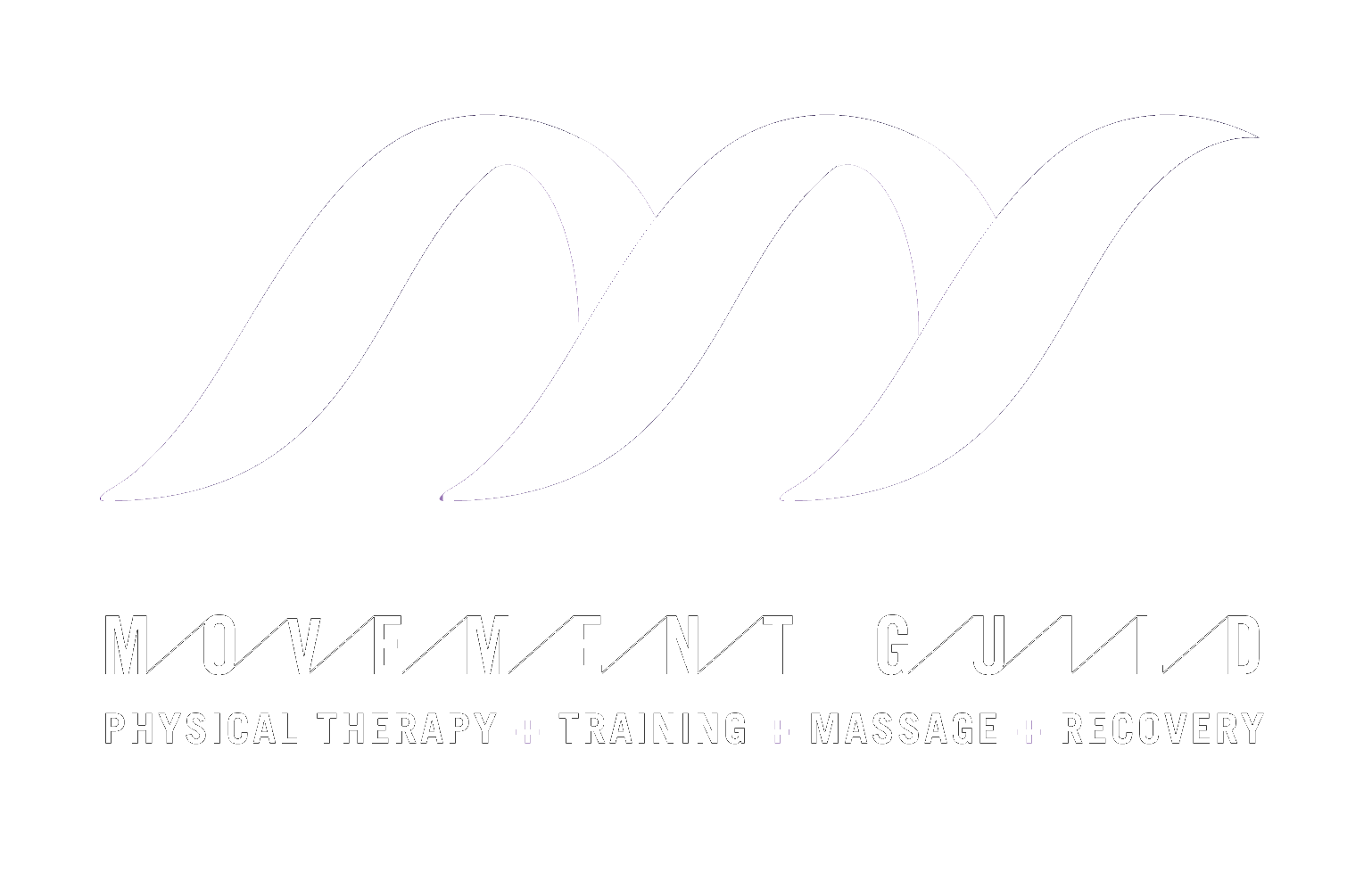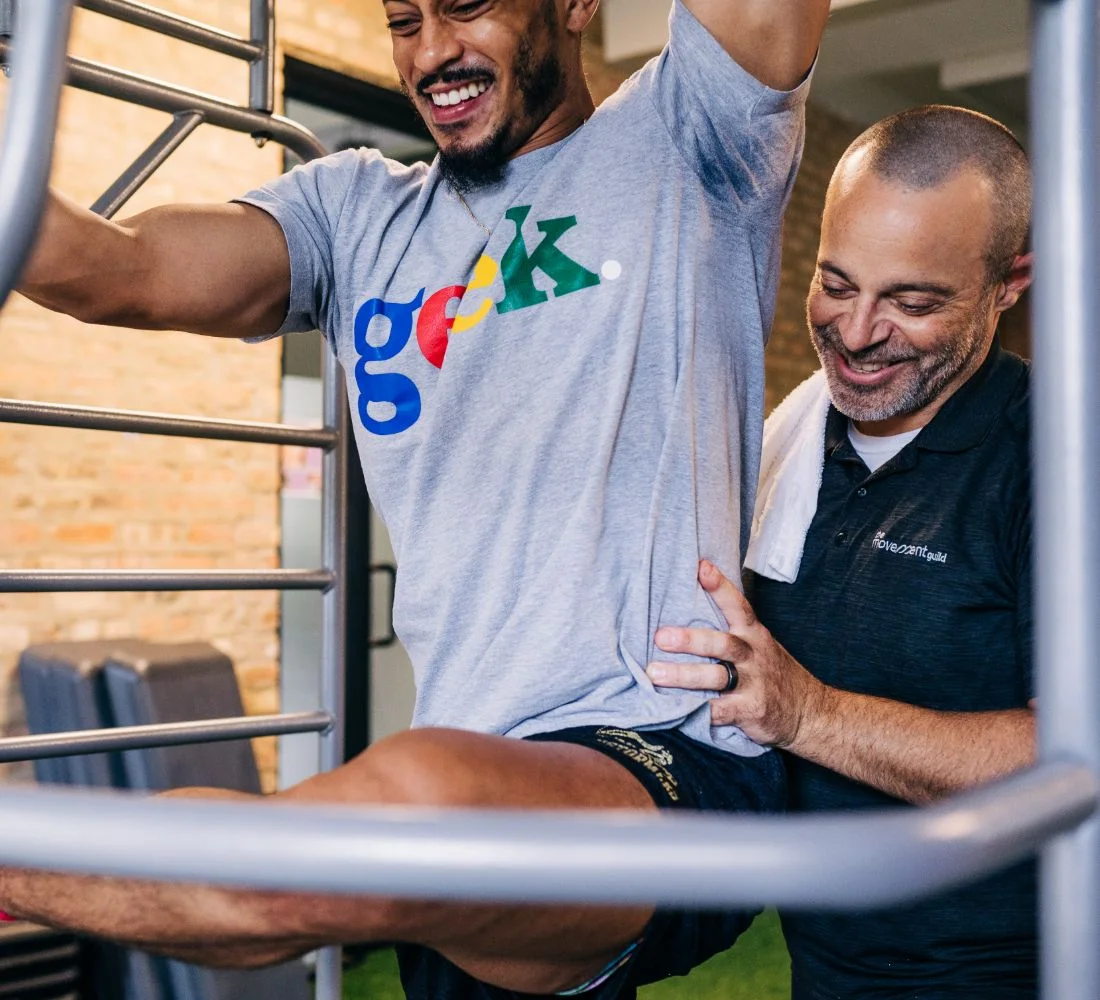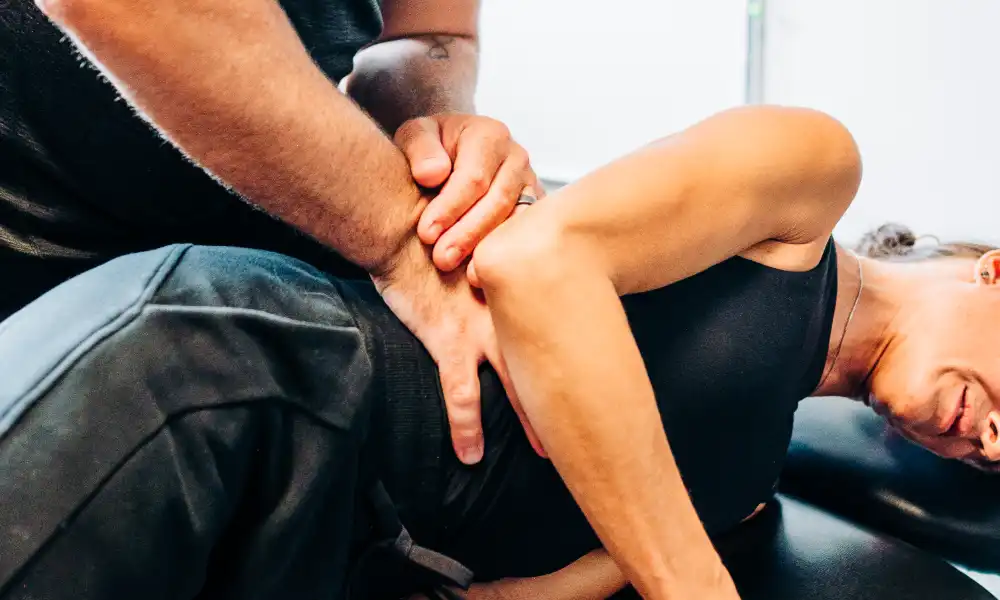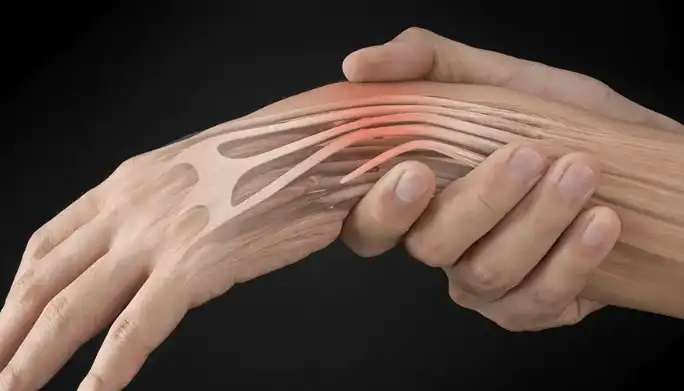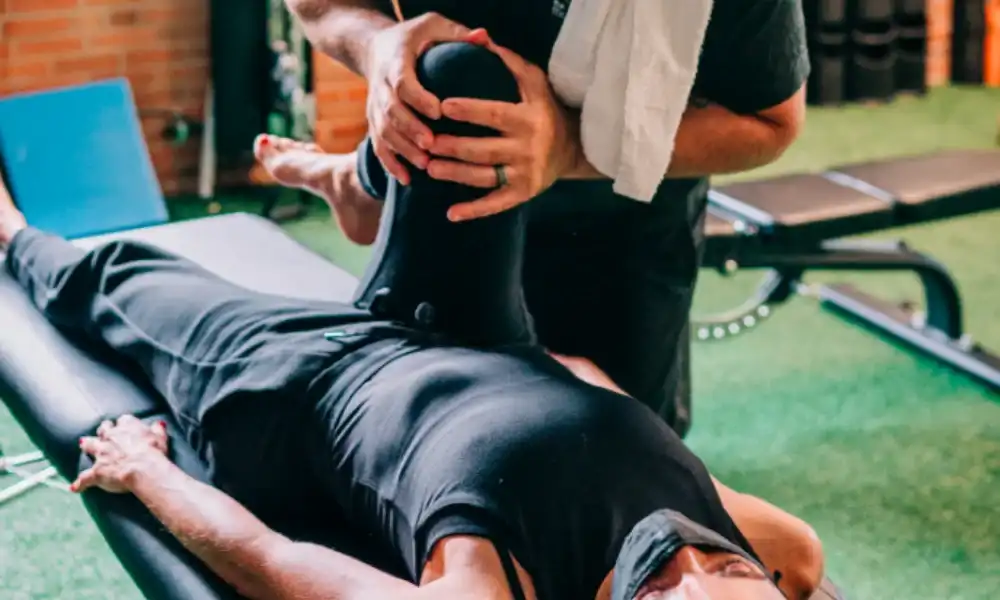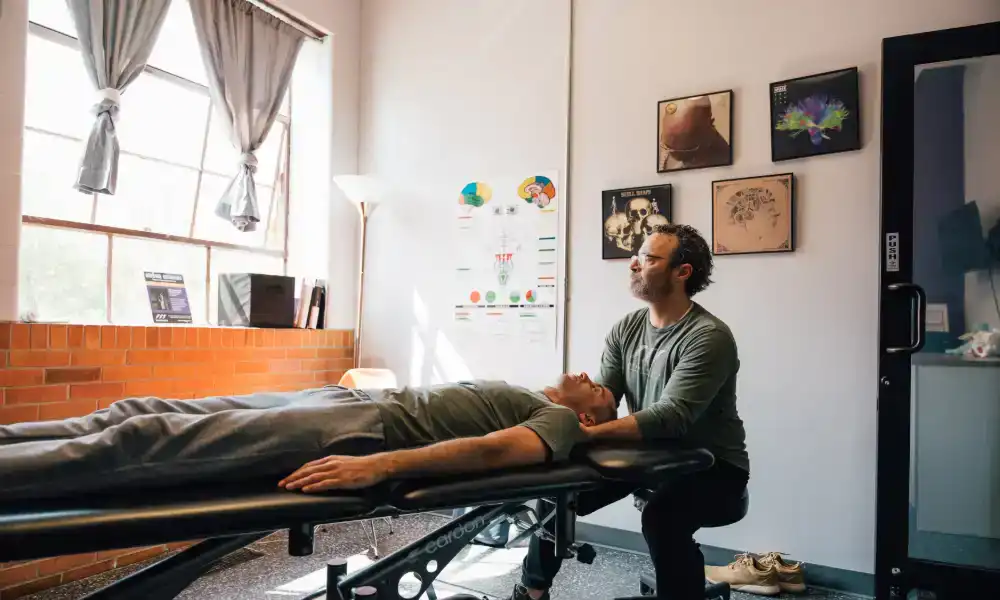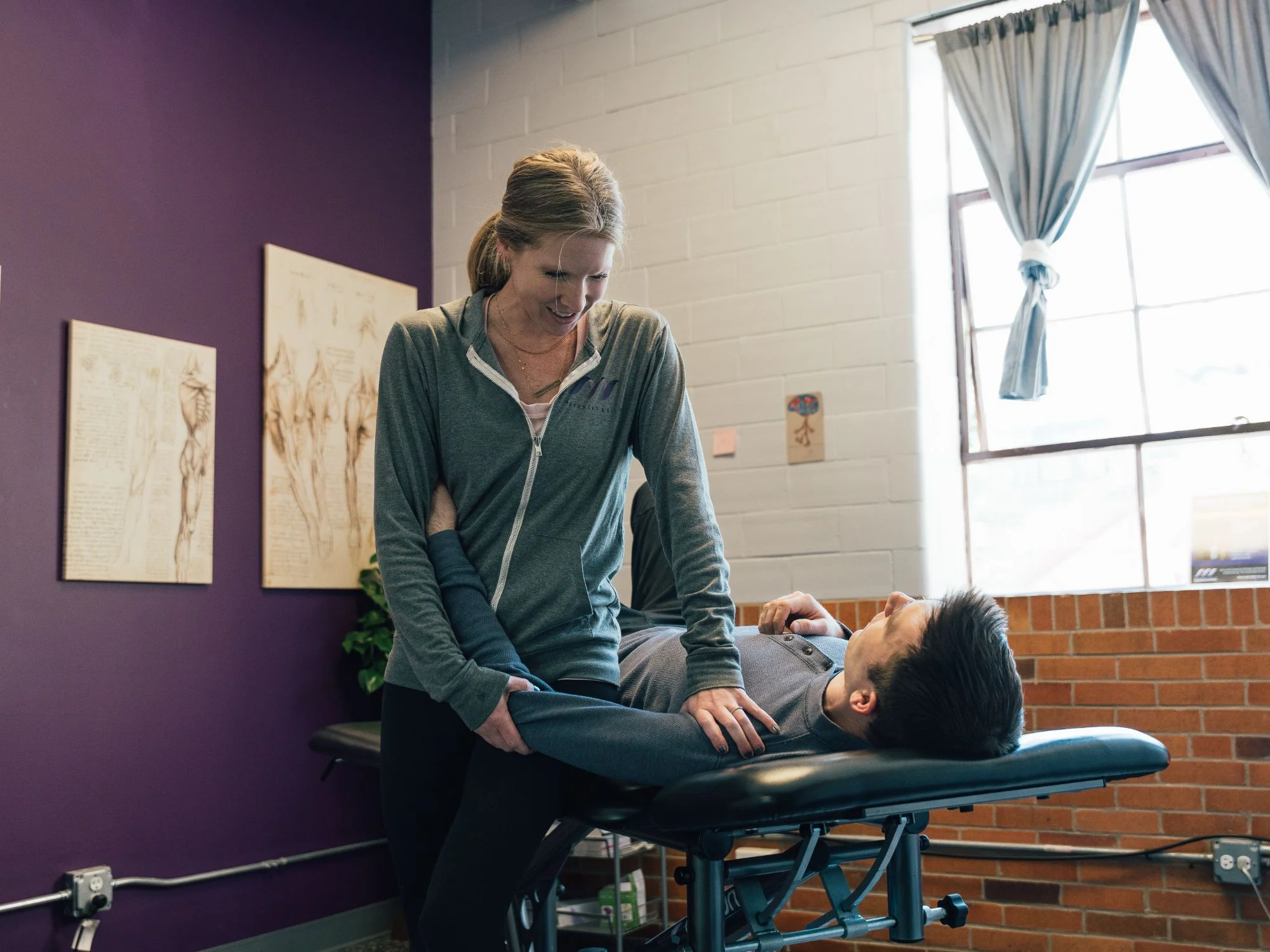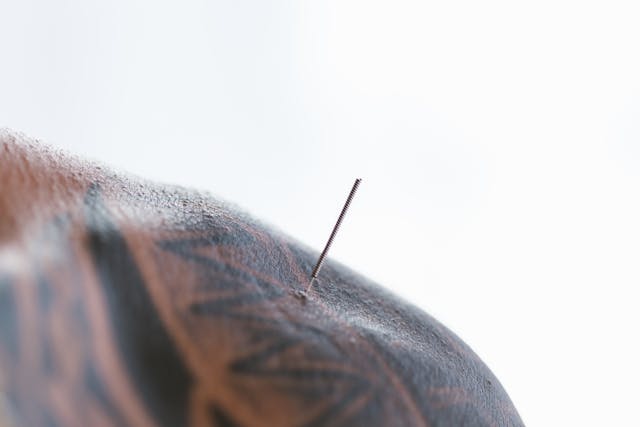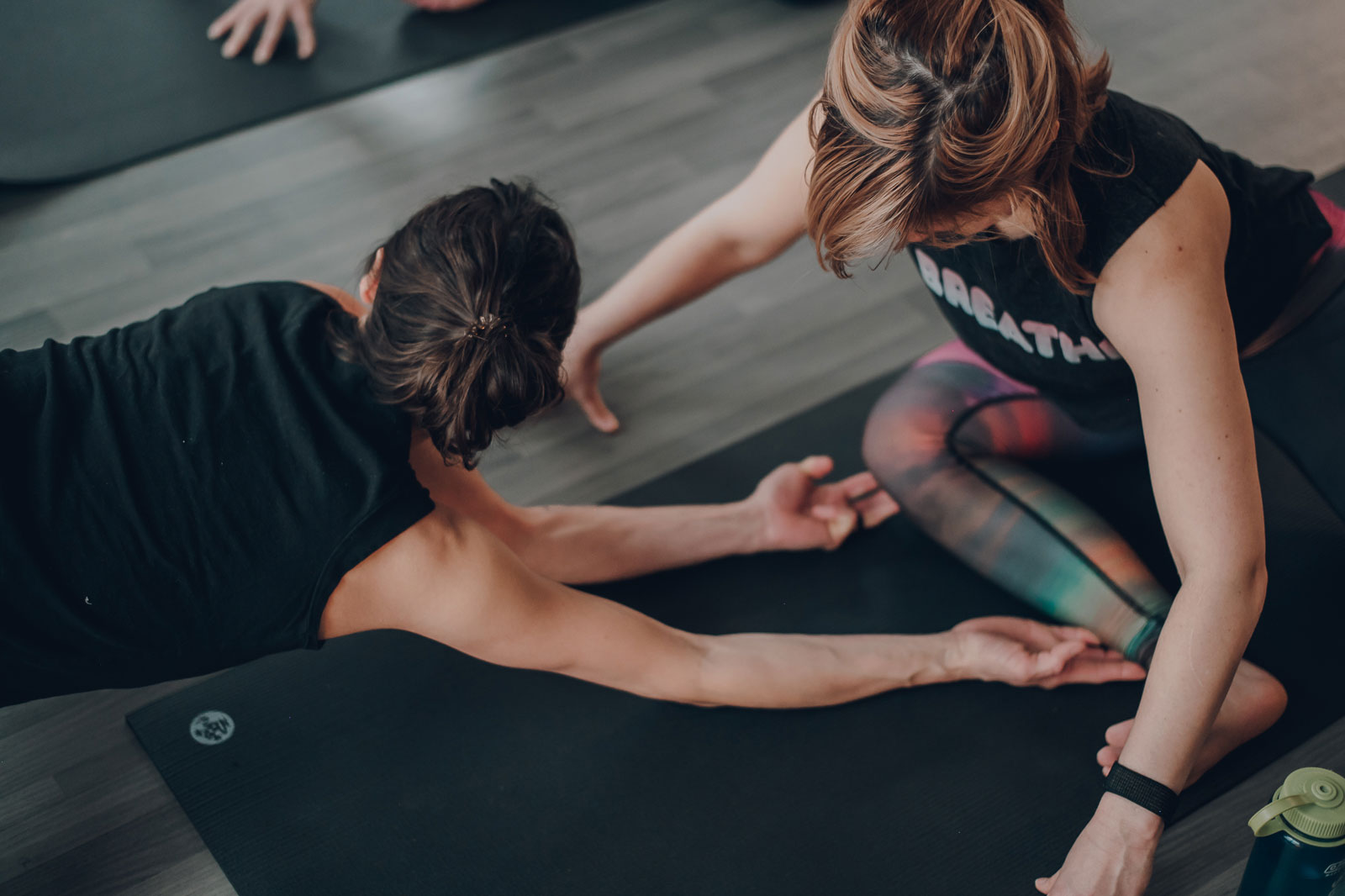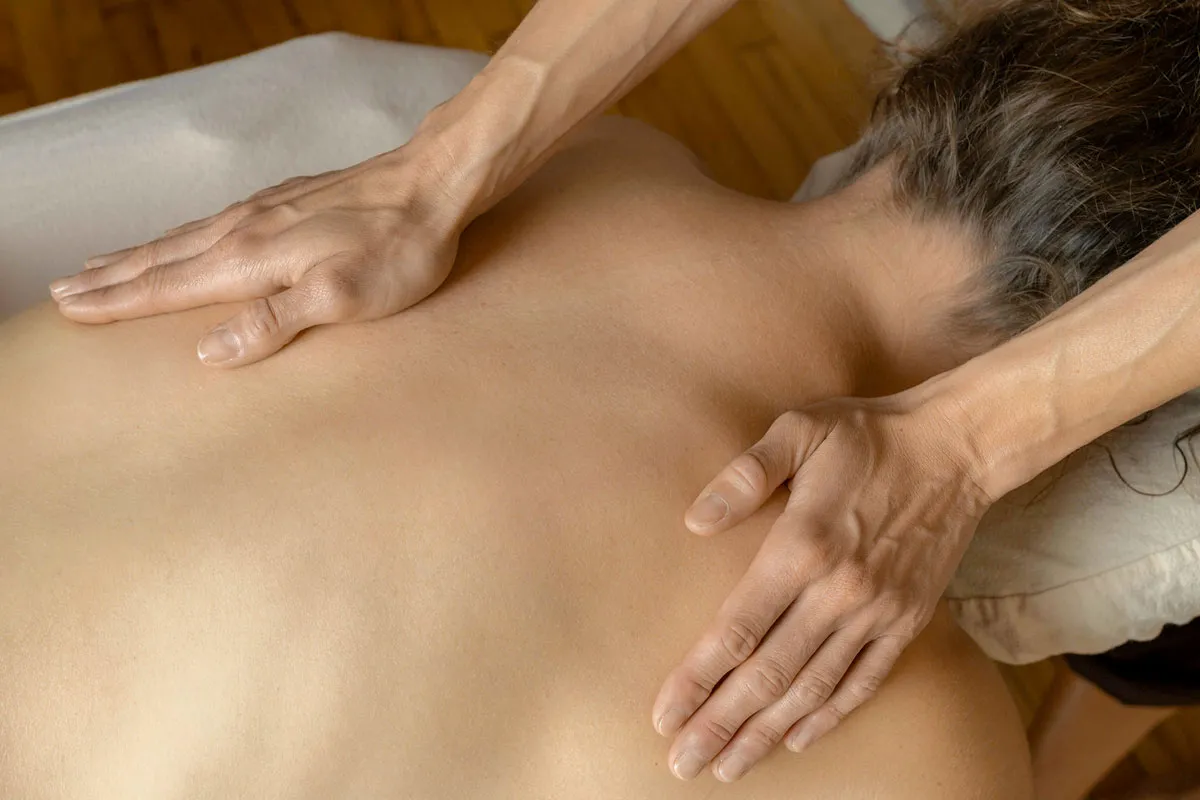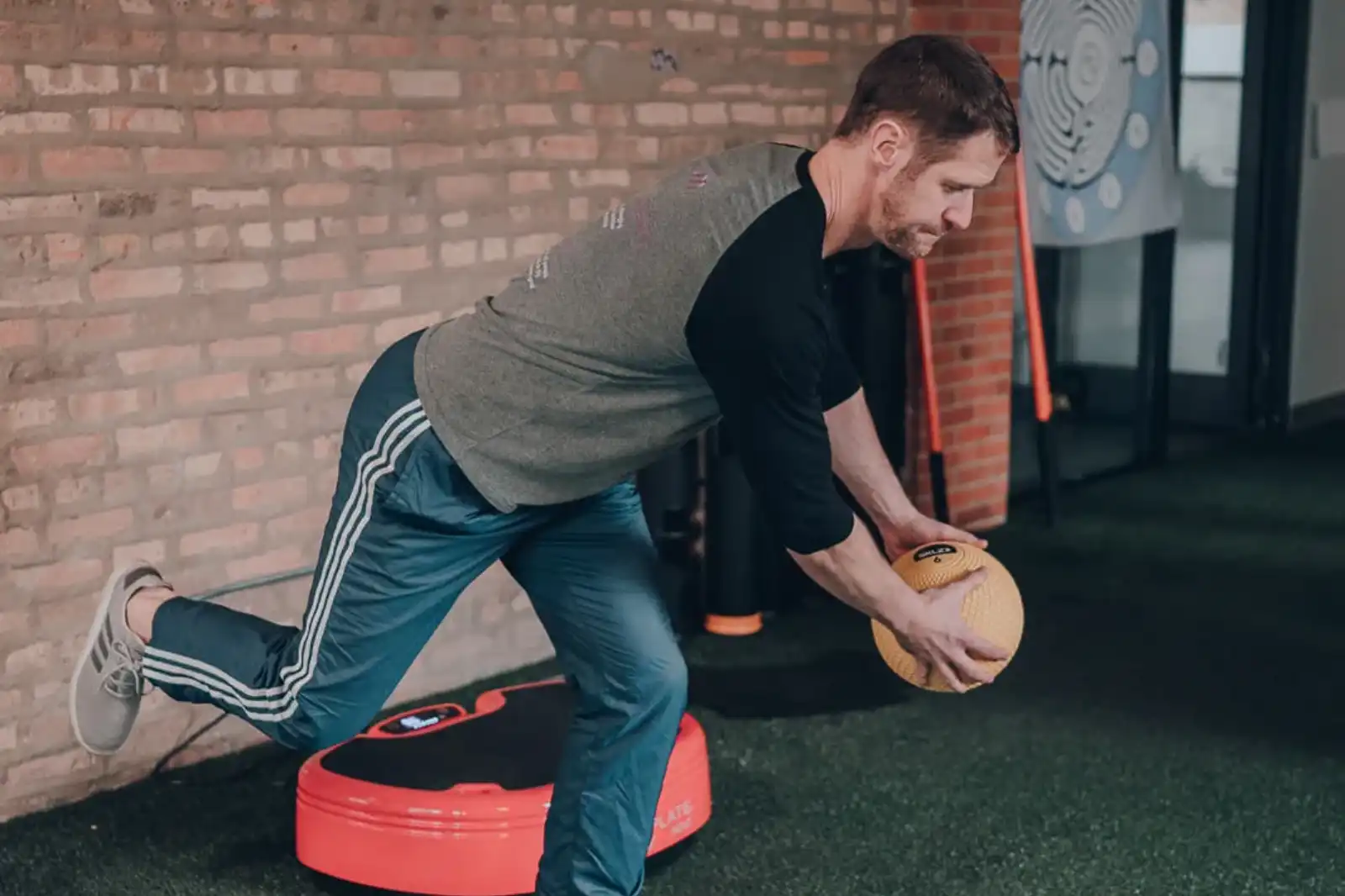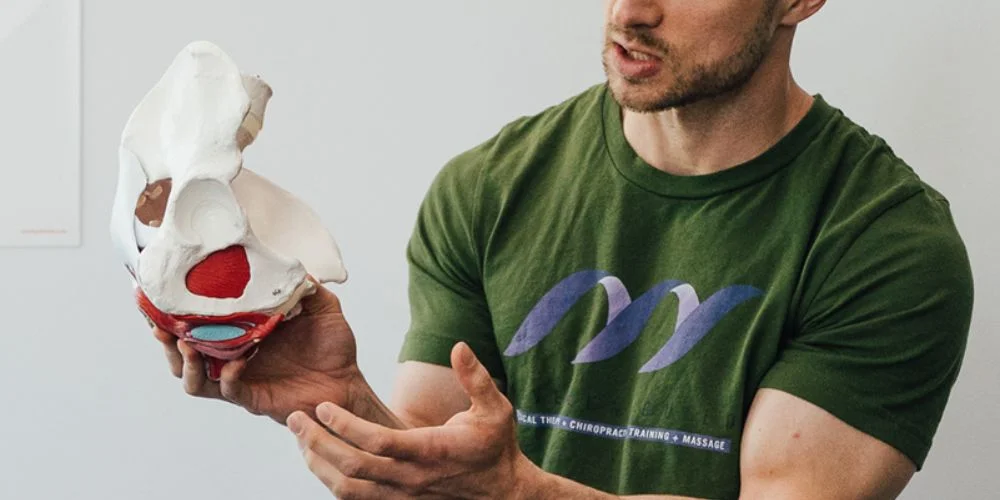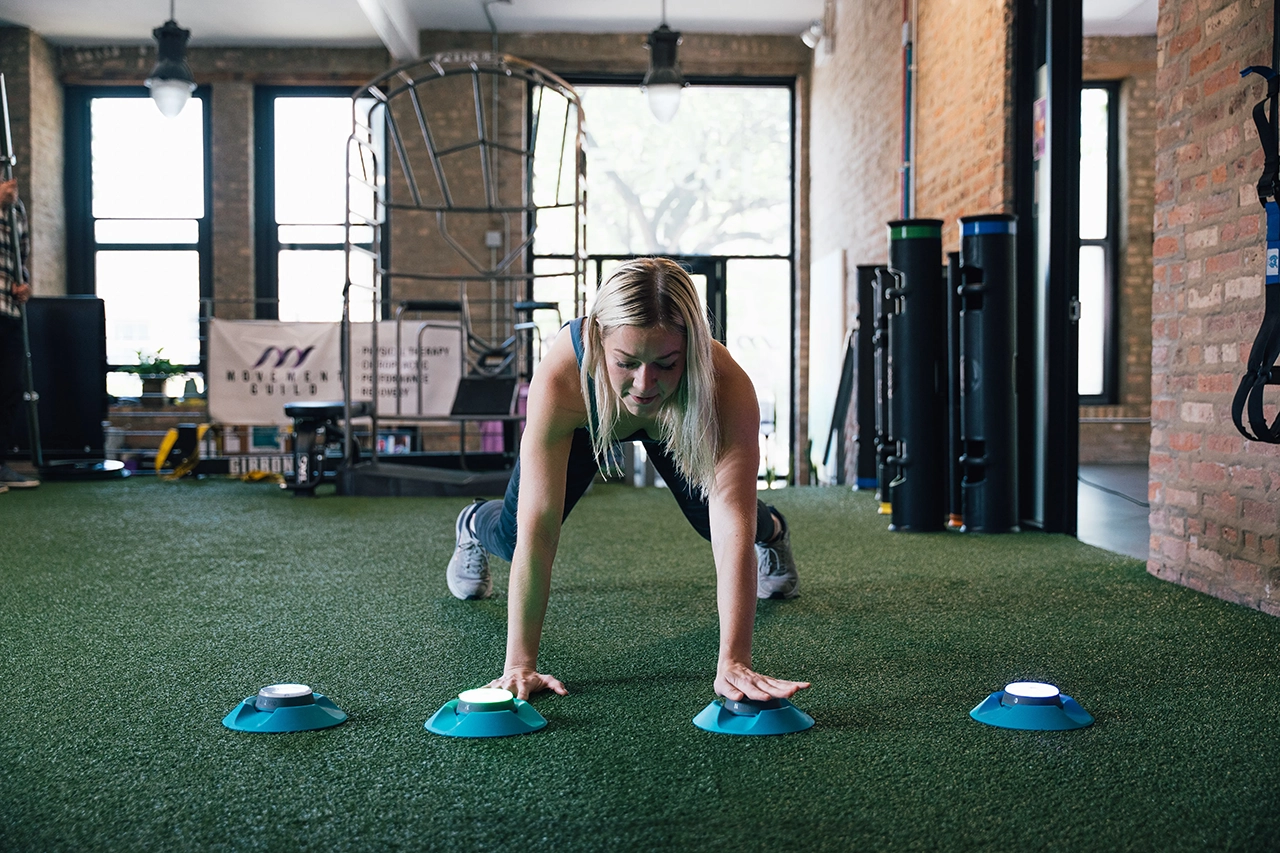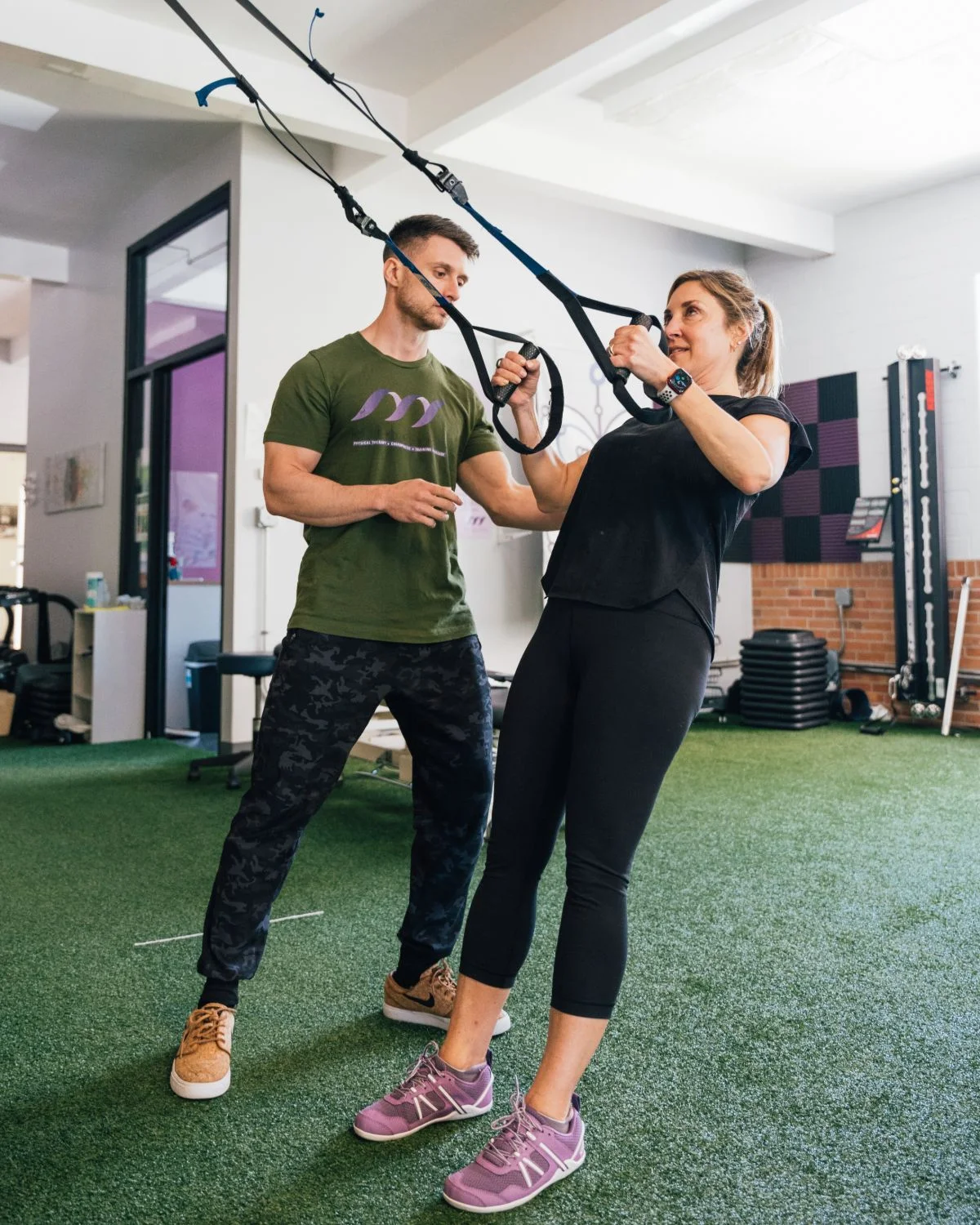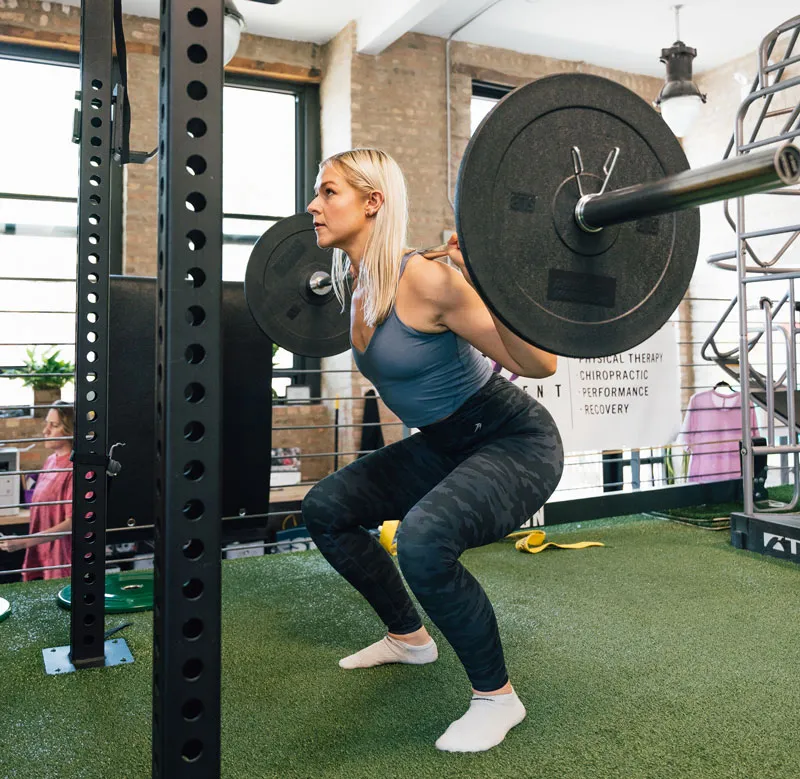Physical Therapy in Chicago, IL
Move Out of Pain
Experience significant improvement after just one visit

5-Star Google Rating
We are proud to have a 5-star Google rating! This demonstrates our commitment to excellent service and hopefully builds trust with new customers!

Facebook 5-Star Rating
Our Facebook 5-star rating is a testament to our exceptional service and commitment to customer satisfaction. Thank you for your continued support!

Over 175 5-Star Reviews
With more than 175 five-star ratings, we are very humbled by the many positive feedback from our community. Thank you for the support!
Top Rated Physical Therapists in Chicago, IL
When pain or injury slows you down, The Movement Guild is here to help. Our expert team specializes in hands-on care, movement-based therapy, and advanced techniques like dry needling to support your recovery. Whether you’re overcoming a foot and ankle injury or making a comeback from surgery, we create personalized treatment plans to help you move better, feel stronger, and live pain-free.
Conditions We Treat
Personalized Care From Experts Who Listen
Every body moves differently, and every recovery journey is unique. That’s why our approach is never one-size-fits-all. At The Movement Guild, we take the time to understand your needs, assess your movement, and develop a custom treatment plan that gets you back to doing what you love. With one-on-one attention and expert guidance, we help you move with confidence.
The Road To Recovery

Assess
The evaluation stage is all about YOU. We do the detective work to find the root cause of your problem.

Remap
The remapping stage involves hands-on care and specific exercises to manage pain, permit tissue healing, and allow brain-driven remapping of the injured area.

REBUILD
Progression of exercises to heavier loads, faster movements, greater balance, coordination, and cognitive challenges. Symptoms often disappear here, but the capacity built is essential to reinjury resistance.

PERFORM
This stage is crucial as it allows what has been rebuilt to be applied to the movement demands specific to your activity. Otherwise, you may fall back into the faulty injury patterns and/or limit your performance potential.

RECOVERY
As you return to sport and everyday activities, periodic PT can help maintain the progress you’ve made. It will be as if the injury never occurred in the first place.
Success Stories & Testimonials
Meet Our Team
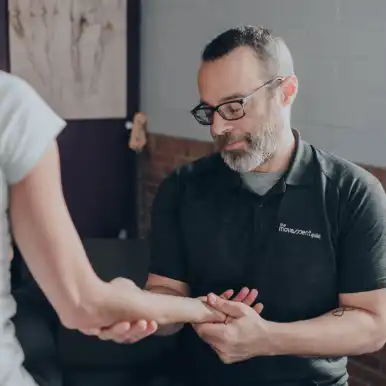
Adam Wolf
Founder, Physical Therapist, Massage Therapist, Author, Educator
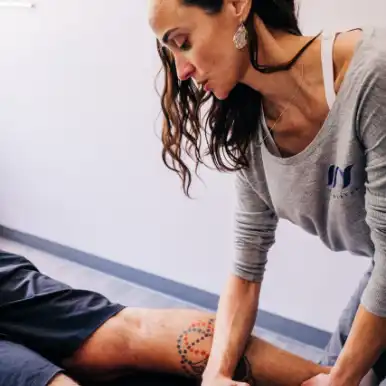
Jessica Carlin
Manager, Massage Therapist, and Yoga Teacher

Erin Schreiber
Physical Therapist,Clinic Manager
Treatments
TREATMENTS
Cupping
Have nagging muscle tension or chronic pain held you back from the active lifestyle you want? You’re not alone. Over 50 million adults in the US struggle with chronic pain conditions that drain..
TREATMENTS
Dry Needling
If unrelenting muscle tension, restricted mobility from past injuries, or unresolved neurological and movement dysfunction has you struggling to perform basic tasks pain-free,
TREATMENTS
Kinstretch
Kinstretch is an evidence-based system designed to improve your range of motion, mobility, strength, and body control through targeted, intentional exercises. Each session focuses on building resilience in all major..
TREATMENTS
Massage Therapy
Are you feeling stressed, sore, or just plain worn out from the daily grind? At The Movement Guild, our team of licensed massage therapists aims to help people of all ages recharge both body..
TREATMENTS
Personal Training
Are you struggling to stay motivated with your exercise routine or looking to take your fitness to the next level? A personal trainer can be the secret weapon you need to transform..
TREATMENTS
Men’s Pelvic Health
To lead the way in providing expertise and solution to the large health disparity that is men’s pelvic health. Through innovation, research, and collaboration with other healthcare practitioners,
TREATMENTS
Recovery Systems
Recovery is the cornerstone of optimal performance in health care, yet it’s often overlooked in training routines. At The Movement Guild in Chicago, IL, we specialize in recovery systems that help your body..
TREATMENTS
Sports Rehab
Feel like your world is off-kilter due to persistent dizziness or the inability to focus on objects? You are not alone. Millions of individuals with balance disorders struggle with daily activities..
Move Better. Live Pain-Free.
Pain shouldn’t dictate how you live your life. At The Movement Guild, we make recovery simple and effective. Our physical therapy in Chicago process is clear and built around you:
This is how we do it:
- Tell us your story
- Get a customized plan
- Start moving better
- Reach your goals
Testimonials
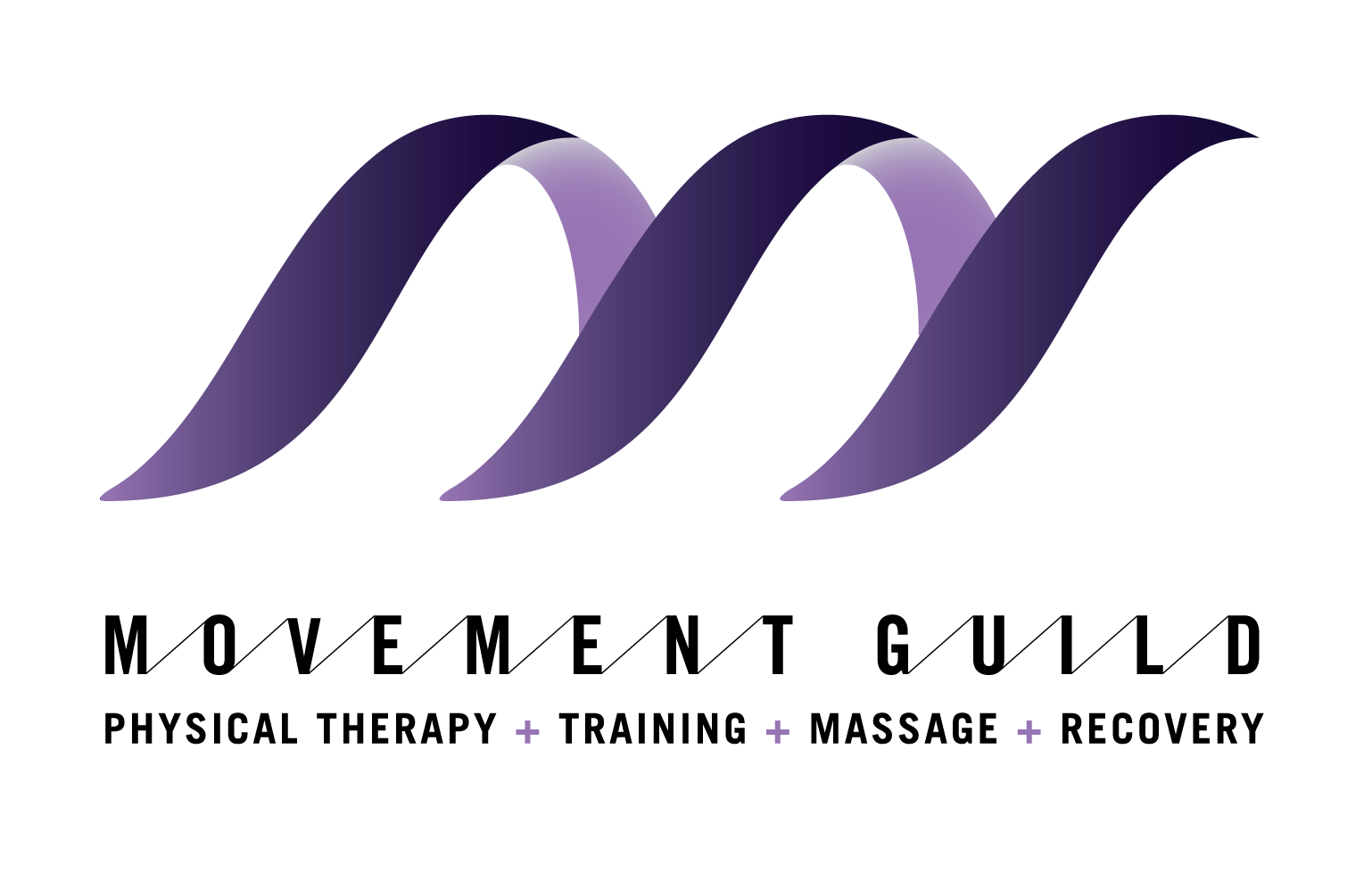
“I have had several surgeries and have not found a therapist to assist with my chronic pain. Adam provides the most comprehensive evaluation I’ve seen and is putting together a program to address all of my imbalances.“
Chris Kontos

I had pain in my shoulder for a couple of months. Someone has previously told me about the movement guild . When I went in for PT the staff was great. They helped me understand what was going on with my shoulder and how to fix it. I mostly worked with Secil and she was great. I had a very positive experience.
Patrick Bonham

“Visited for help after a shoulder injury. Saw multiple therapists over several weeks and all provided challenging and supportive help to get me back to functional health. Great experience overall.“
Tim Coonan
Expert-Led Physical Therapy in Chicago, IL
At The Movement Guild, we provide high-quality care designed to help you recover, build strength, and prevent future injuries. Our physical therapy in Chicago, IL programs focus on long-term results by combining pain management with corrective exercises to restore mobility and improve performance.
Every program is tailored to your needs, ensuring a safe and effective path to recovery.
Frequently Asked Questions
What should I expect during physical therapy sessions?
Physical therapy sessions typically involve an assessment of your condition, manual techniques to improve mobility and flexibility, individualized exercises and activities to help you reach your goals, education on how to prevent further injury or pain, and instruction on proper posture, body mechanics and other lifestyle changes.
Can I see a physical therapist without a doctor’s referral in Illinois?
Yes, you can! Illinois has Direct Access laws that allow you to see a licensed physical therapist without a doctor’s referral for evaluation and treatment. You can receive physical therapy services for up to 10 visits or within 15 business days. If further treatment is needed beyond this, a referral from a physician, dentist, podiatrist, or advanced practice nurse will be required. Direct Access allows you to begin your recovery promptly, saving time and addressing your concerns without delay. If additional care is needed, we’ll coordinate with your healthcare provider to ensure seamless and effective treatment.
What do I need to wear or bring with me?
You should dress in comfortable, loose clothing that allows you to move easily and doesn’t restrict circulation. Depending on your condition, your physical therapist may also recommend special shoes or a brace. You should also bring any paperwork related to your medical history, including x-rays, ultrasounds, and doctor’s notes.
Is there anything I can do before my appointment to prepare?
Yes! Make sure you arrive for your session well-rested so that you can give it your full attention and energy. It is also helpful if you keep track of how much pain medication (if any) you take prior to the appointment so that the physical therapist can adjust the intensity of treatment accordingly.
How long will my physical therapy sessions last?
Sessions typically last 30-60 minutes depending on your condition and the types of techniques used. Your physical therapist will give you an estimate when you first arrive for your appointment.
Are there any exercises I can do at home between appointments to help improve my condition?
Yes! Your physical therapist may provide specific exercise recommendations for you to try in between visits, which will help speed up your recovery and progress faster toward reaching your goals. It’s important to follow these carefully and always check with your PT before starting a new exercise program if you have any questions or concerns.
What if I have questions after my physical therapy session?
Your physical therapist should be available to answer any questions or concerns you may have about your treatment plan before and after each visit. Whether it’s a sprain, muscle strain, or a pulled muscle by accident, we’re here to help and want you to get the most out of every session!
Will insurance cover my physical therapy?
It depends on your insurance plan. Most plans cover some or all of the costs associated with physical therapy, but you should check with your provider to determine coverage and any associated fees.
How often will I need to attend physical therapy sessions?
The frequency of visits will depend on your individual goals and condition, but typically it is recommended that patients attend 2-3 times per week for a minimum of 4-6 weeks in order to maximize results. Your designated Doctor of Physical Therapy will provide more details during your initial appointment.
How long will it take for me to see results?
Every person’s situation is unique; therefore the amount of time needed to reach goals varies. With commitment and dedication from both you and your physical therapist, you can expect to start seeing results within a few weeks. The more positive lifestyle changes you make, the faster your progress will be!
Will my physical therapist be able to answer any questions I have about my condition?
Yes! Your physical therapist should be available to discuss any concerns or questions you have regarding your condition or treatment plan. Don’t hesitate to bring up any issues that may arise during the course of therapy.
What if I feel too much pain during a session?
If at any time during your physical therapy session you experience increased pain, it’s important to let your therapist know so they can adjust the intensity or technique as necessary. Your therapist will work with you to make sure that treatment is comfortable and effective for you.
What happens after I am discharged from PT?
At The Movement Guild in the Chicago Metropolitan Area, we believe that recovery doesn’t stop when physical therapy ends. That’s why our physical therapists and personal trainers work together to create a seamless transition from rehab to fitness. Whether your goal is to regain strength, improve mobility, or prevent future injuries, our personal training programs are designed to keep you moving safely and confidently.
Our coaches understand your unique needs and collaborate with your physical therapist to develop a customized plan that aligns with your progress and long-term goals. This ensures you continue building strength, improving movement patterns, and staying pain-free.
Sign up for Personal Training here

